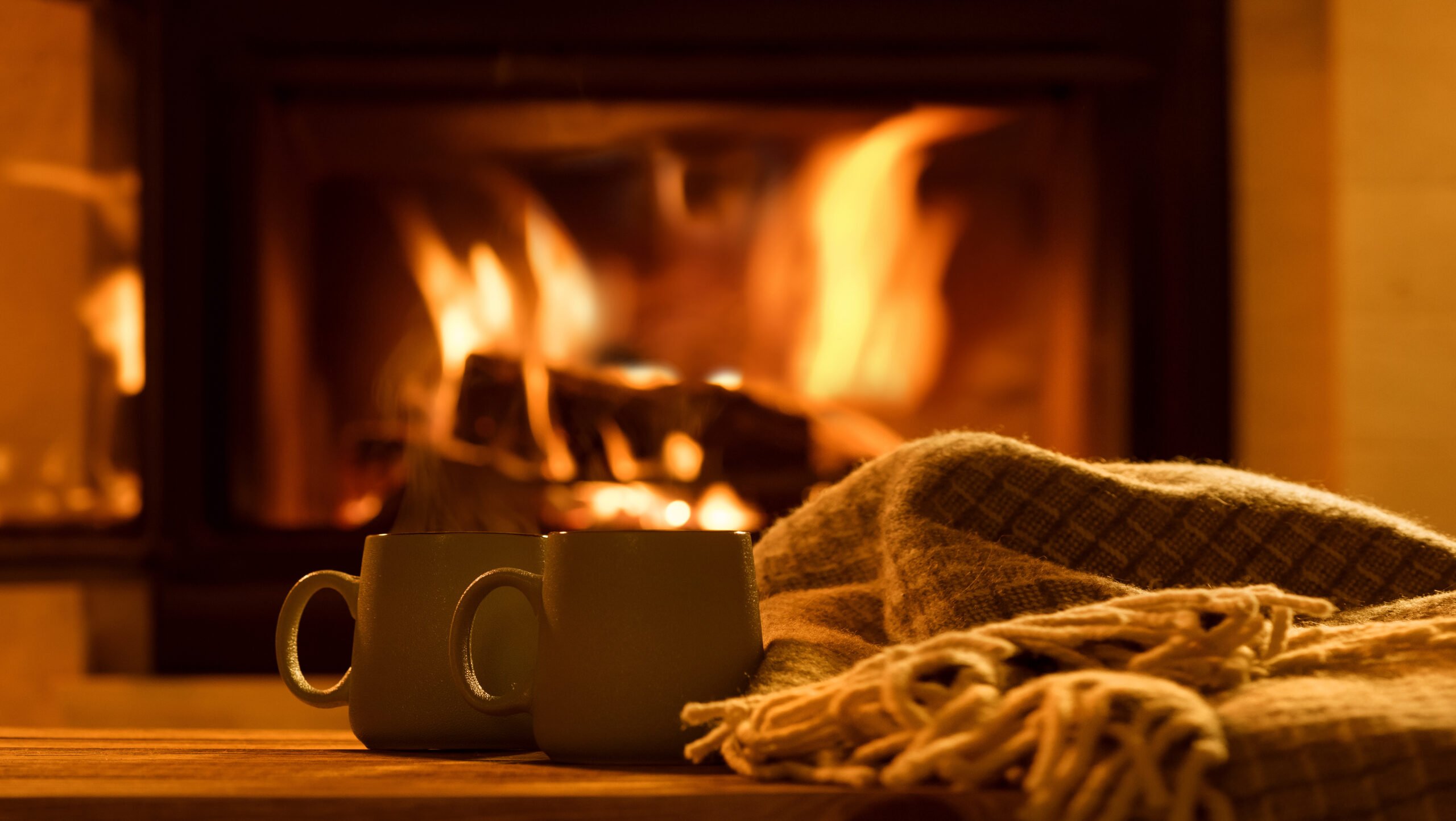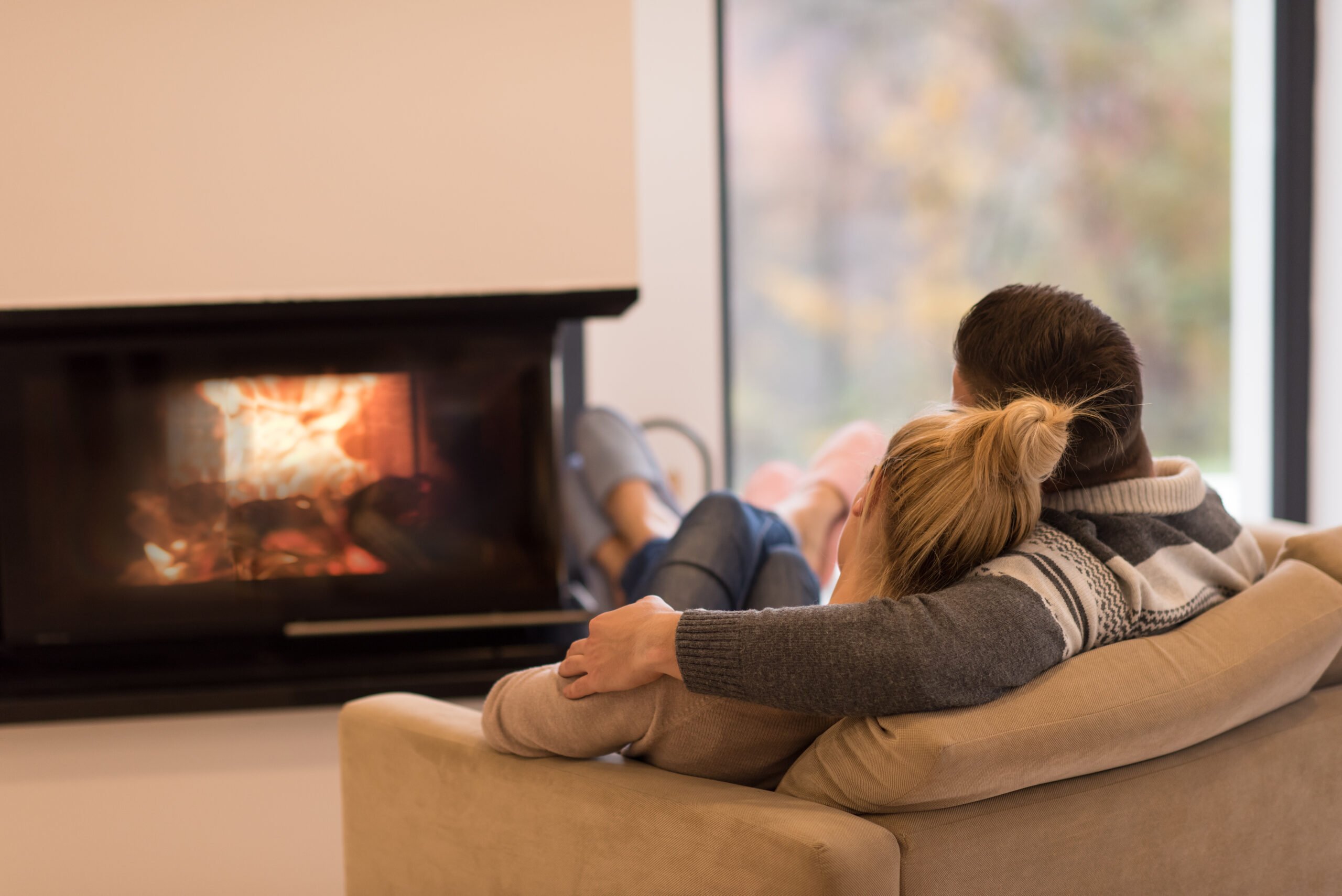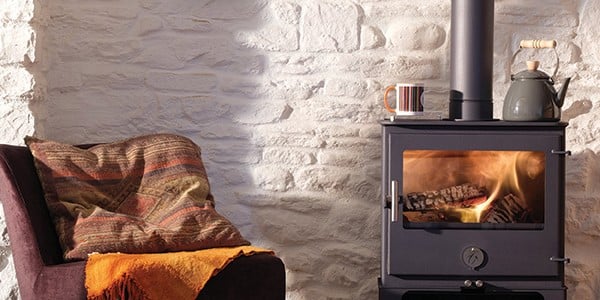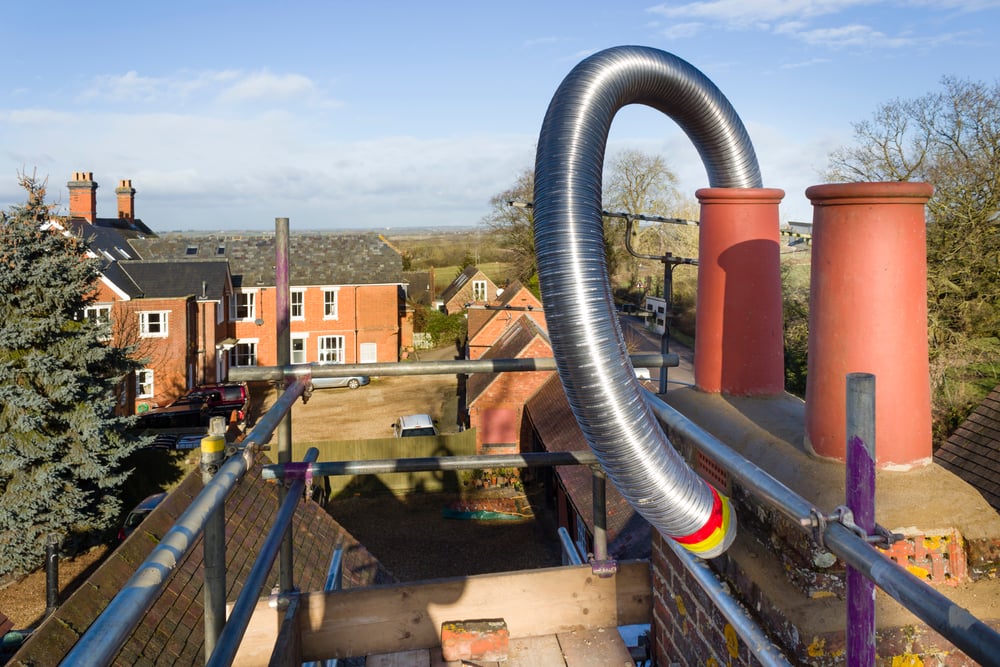Heat your home safely this Clean Air Night
With so many mixed messages and confusing statistics, it is important that we focus on the ways we can minimise the effect of burning on our environment. Government has not said they intend to ban domestic burning, so it is vital that we stay aware of some key facts.
Despite log burners increasing in popularity in recent years, government-published reports show that annual emissions of PM2.5 (the primary concern from domestic burning) have continued to decrease.
As a not-for-profit, independent certification organisation in the solid fuel and biomass sector, HETAS – and our sister company Woodsure – play an integral part in maintaining the safe, responsible use of solid fuel appliances across the UK. We want to make sure stove owners are kept up to date on developments across the industry and make sure you stay well-informed on the safest, most efficient ways to use your appliance.
HETAS and Woodsure work hard to encourage the best burning behaviours and the use of the most efficient, least polluting appliances. Through our work with manufacturers, retailers, chimney sweeps, installers, and other trade professionals, we aim to keep reducing emissions and help stove users like you heat your home as cleanly and safely as possible.
How can you reduce your emissions?
There are five simple ways to keep your emissions low whilst keeping your home warm. In fact, following these tips will make your stove produce more heat for less!
- Use a modern, efficient appliance. Did you know that using an outdated stove or an open fireplace not only causes more pollution; it also heats your home a lot less! Using a highly efficient stove, such as a Cleaner Choice certified appliance, will generate more heat with less logs, saving you money whilst also reducing your emissions significantly.
- Burn the right fuel. You should only be burning wood fuel and manufactured solid fuels that have been certified as Ready to Burn in England. Doing so reduces your emissions, heats your home more, and reduces the wear and tear on your stove and chimney.
- Keep your stove well-maintained. Using a professional to install, maintain, and sweep your installation on a regular basis will prevent the risk of a chimney fire, identify and issues, and keep you burning as efficiently as possible.
- Don’t abuse your stove. Operating your stove safely and avoiding bad habits – such as slumbering, overfiring, or burning old furniture – will save you money on repairs and make sure you are minimising your emissions.
- Trust the professionals. If you ever have an issue or a burning question, asking your local HETAS Registered professional is a surefire way to get a trusted, expert answer, helping you to keep burning efficiently and minimising your emissions.
Across media, there are some repeated questions about wood burning that don’t seem to have clear answers. We’ve written the following to give you straightforward, informed answers.
Q: Why is there such mixed messaging around UK wood burning?
A: There is clear messaging from government:
- Wood burning is not being banned.
- Any stoves bought since 2022 must meet minimum requirements for emissions.
- Only high-quality fuel (low moisture content firewood and low sulphur mineral fuels) can be sold in England.
Messaging from government is clearly communicated through legislation and the plans for the future: domestic burning is not being banned and the best, most efficient burning practices must be encouraged.
Banning domestic burning divides opinion and fails to consider those who heavily rely on their wood burners to heat their homes – as was the case with the recent reversal in Scotland.
Q: Is burning wood an efficient way to heat your home?
A: The amount of heat you get from your stove is dependent on many factors, such as the:
- Quality of the fuel
- Efficiency and age of the appliance
- Airflow
- Condition of the chimney and appliance
- User operation
A modern appliance that is installed by a professional, regularly maintained, and operated effectively using high-quality fuel can be an excellent way to heat your home – either as a primary heat source or to supplement other heating systems, particularly in older, poorly insulated homes.
It is vital to remember that a traditional open fire pales in comparison to a modern, highly efficient log burner. Using a modern log burner will heat your home up to 90% more efficiently in comparison to an open fire, so when considering the efficiency of a fire, it is important to consider the type of appliance being used.
Q: Are the Government doing anything to tackle wood burning emissions?
A: Both the Government and our industry are aware of the need to reduce emissions and have been working together for a long time to tackle the challenges facing the UK.
Legislation is in place across the UK and the devolved nations to combat the poorest, least efficient, most polluting ways of heating your home with a solid fuel appliance:
- Ready to Burn certification ensures that consumers purchasing firewood to burn at home are only able to purchase dry firewood, enabling a cleaner and more efficient burn.
- Ban on traditional house coal in England for use in homes made it illegal to sell coal, preventing the use of a highly polluting fuel from 1 May 2023.
- Competent person schemes ensure solid fuel installations are professionally installed by a trained expert, preventing poor installations and setting industry safety standards that are constantly evolving.
- Regulations and standards will continue to strengthen and evolve over time for all solid fuel appliances and installations – furthering innovation in appliance manufacturing and reducing emissions.
- Smoke control areas (SCAs) limit which fuels and appliances can be installed and used by homeowners, and provide local authorities with the legislative powers to fine those burning irresponsibly – with recent funding from Defra enabling cities to consult on expanding their SCAs, widening enforcement powers.
- Legal emission reduction targets require government to meet ambitious targets, incentivising effective, decisive action that will continue aiding emissions reductions from all sources – including domestic combustion.
When combined with expert-led user education, this legislation prevents the worst, most polluting burning practices. Every aspect of a stove – from manufacturing and installation to fuelling and maintenance – is held under scrutiny to ensure regulations, legislation, and best practices are followed.
The entire industry has responded to this scrutiny, taking accountability and tirelessly working to innovate – reducing emissions, improving efficiency, and educating consumers on how they can do their part, too.
The UK Government is assessing all factors that can contribute to poor air quality, as part of the Clean Air Strategy – this includes transport, industry, the home, agriculture, and more. This links to the 25 Year Environment Plan and the subsequent Environmental Improvement Plan, where ambitious targets have been laid out for each pollutant and the relating industries. The Environmental Improvement Plan is due to undergo a ‘rapid review’ to assess current progress and highlight where accelerated action is needed.
Q: Will smoke control areas stop people from burning wood?
A: Smoke control areas (SCAs) prohibit the most polluting forms of domestic burning and give your local council the legislative powers to inform, warn, and fine households that break these rules.
Having these SCAs in place encourages the best practices and promotes the use of modern, efficient wood burners over outdated stoves or open fires.
Read our explanatory article to find out more about recent expansions and the rules.
HETAS is an industry-leading certification body that is uniquely positioned to provide expert, impartial guidance to government departments, professionals, and consumers. We will continue to promote the best available technologies and practices, provide industry-leading training, and keep you informed by providing you with the facts.
Q: What do I do if my neighbour is burning poorly?
A: We advise anyone impacted by nuisance burning to report it to their local council. Your local council have the legislative powers to issue fines in smoke control areas, helping stop you from being impacted by irresponsible burning.
It’s important to remember that some figures making headlines can be misleading, however. For example, less than 4% of complaints made to councils in Birmingham were about someone burning poorly in their wood burner; the other 96% related to unregulated outdoor burning, such as residential bonfires, barbecues, or chimineas.
The story is the same and Brighton and Hove and Bristol, where only 12 and 14 of the total complaints, respectively, were about excessive smoke from chimneys.
Reporting irresponsible burning is important and we advise stove users and non-stove users alike to help keep their local pollution to a minimum, but it’s also key to look beyond headlines and discover just how few complaints received by councils are about log burners.
A modern stove being operated correctly and fed the right fuel will produce so little smoke that you won’t even realise your neighbour is keeping their house warm and cosy.
The HETAS Advice Hub has a range of tips and advice to ensure you can continue to burn safely and responsibly.
Find out more on in our expanded Clean Air Night fact sheet.



